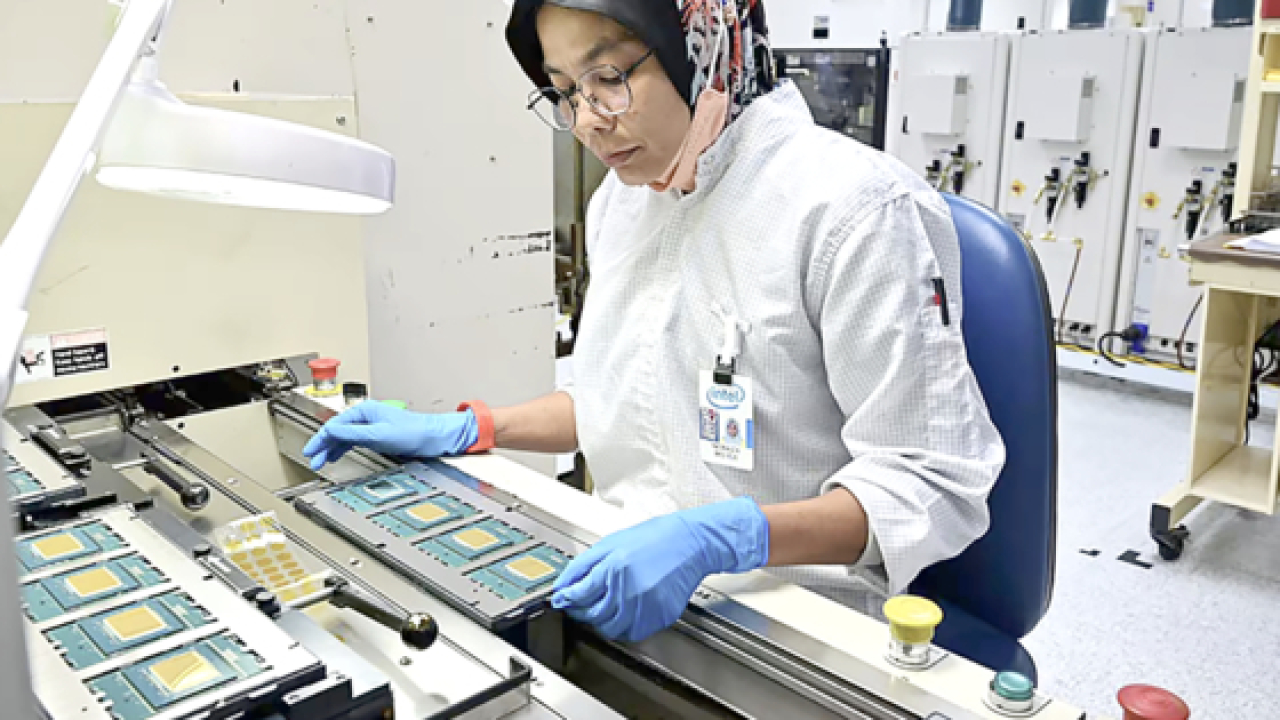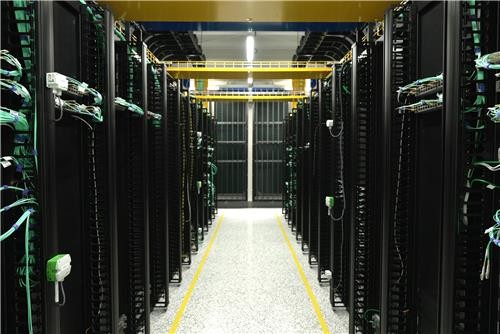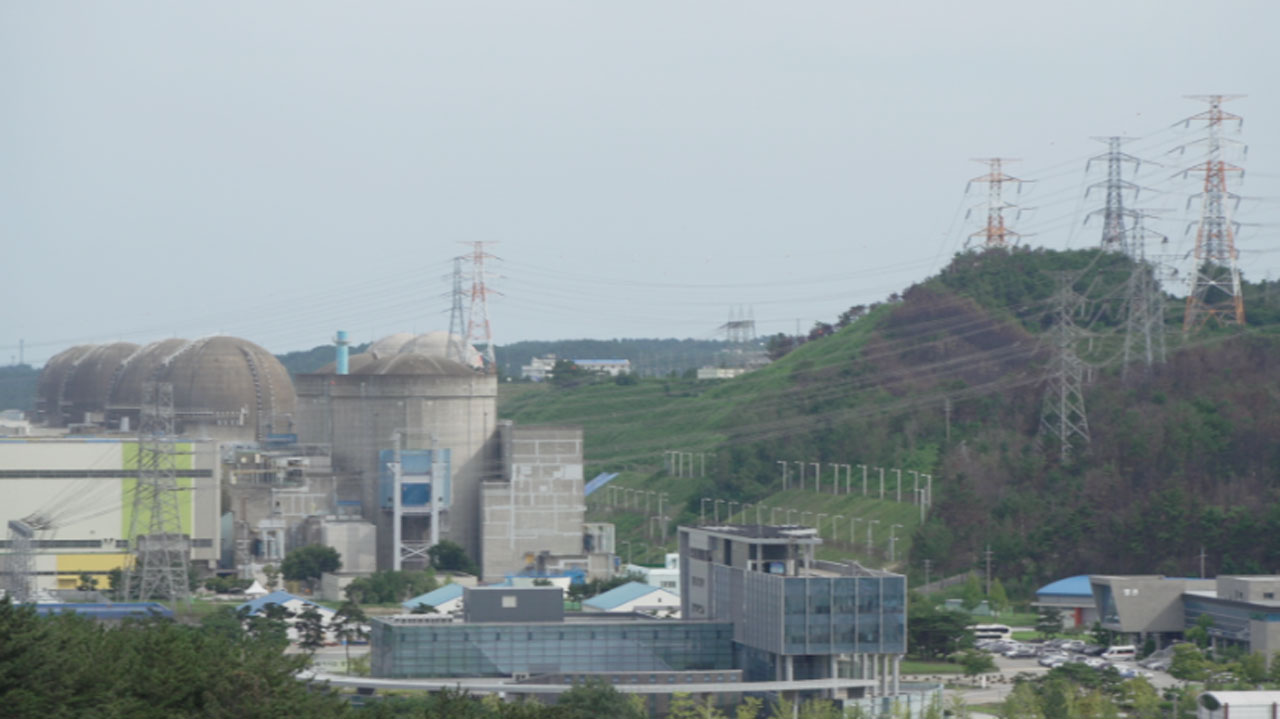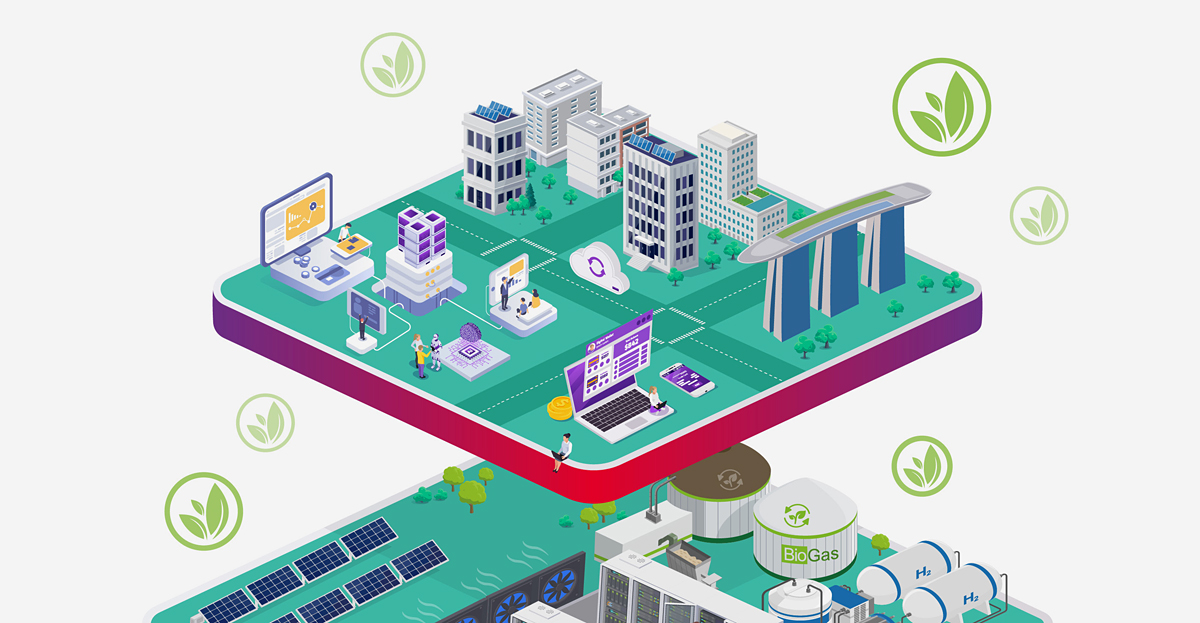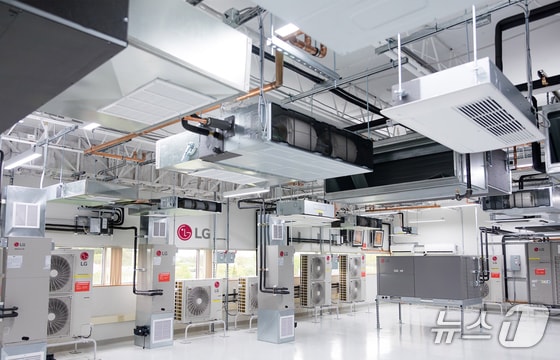해봄의 아카이브
데이터센터 짓기 좋은 땅
Haebom
최근 인공지능(AI) 기술이 폭발적으로 발전하면서 전 세계 데이터센터 시장이 급성장하고 있습니다. 그런데 우리나라는 어떨까요? 안타깝게도 한국은 이 중요한 흐름에서 뒤처져 있습니다. 왜 이런 일이 벌어지고 있는지, 그리고 어떤 문제가 있는지 한번 살펴보겠습니다. 개인적으로 이 문제가 매우 중요하다고 생각합니다.
구글, AWS, MS, 애플 같은 글로벌 빅테크 기업들이 앞다투어 아시아 지역에 대규모 데이터센터를 짓고 있다는 사실, 알고 계셨나요? 특히 말레이시아, 대만이 이 경쟁에서 두각을 나타내고 있습니다. 애플이 대만 북부에 4조 3천억원 규모의 데이터센터를 짓겠다고 발표했고, 구글은 이미 1조 7천억원을 투자했습니다. AWS도 향후 15년간 수십억 달러를 투자한다고 하네요.
그런데 왜 이 기업들은 한국이 아닌 대만을 선택한 걸까요? 이유는 간단합니다. 대만은 세계 반도체 생산의 상당 부분을 담당하고 있어 글로벌 반도체 공급망에서 핵심적인 위치를 차지하고 있기 때문입니다. 게다가 대만 정부는 '아시아 실리콘밸리 육성 계획'같은 적극적인 정책으로 이들 기업을 유치하고 있습니다.
그렇다면 우리나라는 왜 이 경쟁에서 뒤처지고 있을까요? 문제는 여러 가지입니다.
첫째, 전력 공급 문제입니다. 우리나라의 전력 인프라가 잘 갖춰져 있다고 하지만, 사실 데이터센터의 급증하는 전력 수요를 감당하기엔 역부족입니다. 2026년까지 데이터센터의 전력 소비가 두 배 이상 증가할 거라는데[5], 지금의 전력 공급 능력으로는 한계가 있습니다. 특히 서울, 경기도 같은 수도권은 이미 전력 수요가 포화상태라 추가로 대규모 전력 소비 시설을 들이기 어려운 상황입니다.
둘째, 부지 확보 문제입니다. 우리나라는 국토가 좁고 인구 밀도가 높아서 대규모 데이터센터를 지을 만한 부지를 찾기가 쉽지 않습니다. 수도권에 모든 게 집중되어 있다 보니 적절한 위치에 데이터센터를 짓기가 더 어려워졌죠.
셋째, 규제 환경 문제입니다. 우리나라의 데이터 관리와 개인정보 보호 규제가 다른 나라들보다 더 엄격합니다. 이게 글로벌 기업들의 발목을 잡고 있는 거죠.
마지막으로, 가장 큰 문제는 바로 '망사용료' 제도입니다. 우리나라의 망사용료는 다른 나라에 비해 터무니없이 높습니다. 트위치가 한국의 네트워크 수수료가 다른 나라보다 10배나 높다고 밝힌 게 이를 잘 보여줍니다. 결국 트위치는 이 때문에 한국 시장에서 철수했죠.
이런 상황이 계속된다면 우리나라는 AI 시대의 핵심 인프라 경쟁에서 계속 뒤처질 수밖에 없을 겁니다. 그럼 어떻게 해야 할까요?
우선, 정부가 전력 인프라 확충과 지역 분산 정책을 시급히 추진해야 합니다. 또 데이터센터 유치를 위한 적극적인 지원 정책을 마련하고, 규제 환경을 글로벌 스탠다드에 맞게 개선해야 합니다. 특히 망사용료 문제는 즉시 해결해야 합니다. 국제 기준에 맞는 합리적인 망사용료 체계를 만들고, 글로벌 기업들과 국내 통신사 간의 균형 있는 협력 관계를 구축해야 합니다.
AI 시대의 데이터센터는 단순한 기업의 자산이 아닙니다. 국가 경쟁력과 직결되는 중요한 인프라입니다. 우리나라가 AI 강국으로 도약하려면 정부, 기업, 학계가 힘을 모아 종합적인 전략을 세우고 실행해 나가야 합니다. 그렇지 않으면 우리는 AI 시대의 변방국가로 전락할 수밖에 없을 것입니다.
인건비를 탓하기엔 대만과 일본에 데이터센터가 지어지는 것에 할 말이 없고, 땅값이나 인프라를 이야기 하기엔 말레이시아, 태국 등의 상대적으로 인프라가 한국보다 약한 나라에 지어지는 것이 있어 할 말이 또 없습니다. 지정학적 이유가 문제라면 사실 중국의 위협을 받고 있는 대만, 중국, 러시아와 친하게 지내는 말레이시아, 베트남이 또 있죠.
하지만 여기서 잠깐, 과연 데이터센터 유치가 무조건 좋기만 한 걸까요? 싱가포르의 사례를 보면 의문이 듭니다. 싱가포르에는 70개가 넘는 데이터센터가 있지만, 오히려 신규 데이터센터 허가를 제한하고 있습니다. 왜 그럴까요?
데이터센터는 엄청난 양의 전기와 물을 사용합니다.
데이터센터는 엄청난 양의 전기와 물을 사용합니다.
이봉렬 기자님의 기획기사를 보면 싱가포르의 경우 전체 전력 소비량의 7%를 데이터센터가 쓰고 있다고 합니다. 게다가 데이터센터는 넓은 땅을 차지하지만, 운영에 많은 인원이 필요하지 않아 고용 효과도 크지 않습니다.
이런 문제 때문에 아일랜드, 미국 버지니아주, 유럽연합 등도 데이터센터에 대한 규제를 강화하고 있습니다. 한국전력공사 역시 올해부터 수도권에 신규 데이터센터가 들어서지 못하도록 하고 있습니다.
이런 상황에서 우리는 어떤 선택을 해야 할까요? 무조건적인 데이터센터 유치보다는 신중한 접근이 필요해 보입니다. 정부가 나서서 데이터센터 관련 규정을 정하고, 국내 정보 보안을 위한 핵심적인 것과 불요불급한 것을 구분해야 합니다. 또한 데이터센터 운용을 위한 에너지도 화석연료가 아닌 재생에너지로 할 수 있도록 대책을 마련해야 합니다.
개인적으로는 그럼에도 불구하고 데이터 센터 국내 유치가 필요하다고 생각합니다. 꼭 유치가 아니더라도 국내 회사 혹은 국가적 차원에서 세계 표준에 맞게 만들어 놓아야 적어도 이 경쟁의 수혜를 받을 수 있다고 생각하는 편 입니다. 환경적 이유, 제도적 이유 등 다양한 이유가 있지만 우리는 그럼 뭘 할 수 있는가? 한 번 고민해봐야합니다.
(물론, 아마존/구글/메타 등의 소규모 리전이 한국에 있긴 있습니다. 다만, 규모가 매우 작고 개인정보보호법 등 때문에 '존재'하는 경우가 대부분 입니다.)
Subscribe to 'haebom'
Subscribe to my site to be the first to receive notifications and emails about the latest updates, including new posts.
Join Slashpage and subscribe to 'haebom'!
Join Slashpage and subscribe to 'haebom'!
1
Haebom
AI 데이터센터 커지면 '열관리' 관건…냉난방공조 파고드는 LG
(서울=뉴스1) 한재준 기자 | 인공지능(AI) 데이터센터 증가로 열관리 시장이 커지면서 LG전자(066570)의 냉난방공조(HVAC) 사업이 탄력을 받고 있다. LG...
m.news1.kr
See latest comments


